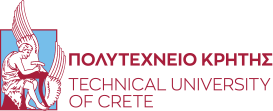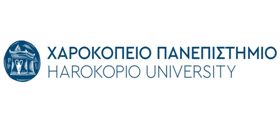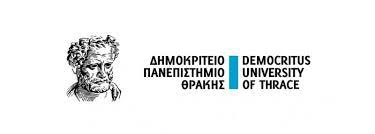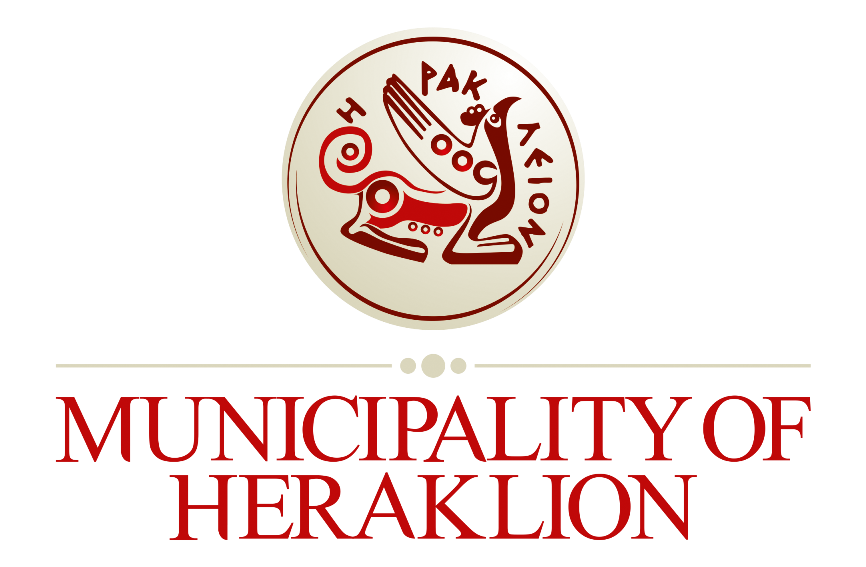This website uses cookies so that we can provide you with the best user experience possible. Cookie information is stored in your browser and performs functions such as recognising you when you return to our website and helping our team to understand which sections of the website you find most interesting and useful.
4th Symposium on Circular Economy and Sustainability
Invitation
A lot of discussion has been initiated in policy forums regarding the transition from the traditional linear to a circular economic approach. Today, circular flow of income shows financial and non-financial interrelations among economic agents (e.g. firms, households and state) and natural environment through green GDP and satellites accounts. The most effort has been made to eliminate waste production from such agents without taking into account new opportunities which arise from waste production. What hinders this transition as well as to identify new opportunities is the interdependence of the individual companies to other micro and macro markets that also need to be redesigned to target the support of circular principles. Such markets need revisiting even in organized entities like eco-clusters, eco-industrial parks, or any other ecological symbiosis of businesses where wastes of one consist primary sources for other economic activities. These emerging markets face several economic, social, legal, and administrative barriers and opportunities.
This Symposium provides an opportunity for those interested in any level of Circular Economy and Sustainability applications. From individual business or industrial zones to national, international or global policies that will make feasible the effective application of circular economy principles for achieving a Sustainable Development. Researchers, practitioners and entrepreneurs are invited to submit both empirical and theoretical papers that are broadly consistent in any of the Symposium’s special topics. An ultimate goal will be to encourage researchers to examine the concepts of circular economy under a holistic scale approach.
A major innovation of this Symposium is the bridging of engineering, management and economic knowledge to support the effective advance of circular and sustainability principles bringing together the theoretical, practical, applied and managerial knowledge in order to produce efficient policies. The School of Production Engineering and Management of Technical University of Crete with the Department of Environmental Engineering, together with prominent INFER and HAEE organizations, and the Region of Crete will support this interdisciplinary event.
Symposium’s Website: Here!
Organizers
The Technical University of Crete is a small, young, dynamic University with a clear mission: to expand knowledge and benefit society through research integrated with education. In this endeavour, the pursuit of excellence is the driving force. More than 70 laboratories with prime equipment, high technology infrastructure and eminently qualified personnel, as well as 120 faculty and staff members with international academic background attest to the level of excellence in education and research conducted at the University. The School of Production Engineering and Management, welcomed its first students in 1984 and the first graduate students in 1986. The curriculum of the school consists of modern technologies, production systems, management and decision making, finance, operational research as well as ergonomic design, control systems, materials, mechatronics and robotics (www.pem.tuc.gr).
Harokopio University of Athens is a public university dedicated to promoting research and learning in a small, well focused set of intellectual areas. The University’s excellent campus facilities houses four academic departments, the central administration, the library, the IT centre and student advisory services. The Department of Economics and Sustainable Development aims to promote scientific knowledge and research on subjects related to the domestic economy, the organization and operation of the family, as well as the management of the natural and cultural environment (www.dhee.hua.gr).
INFER is a non-profit organisation supporting research in all areas of economics. It has been established in Germany and has members from all continents. Researchers and practitioners from all fields of economics are welcomed as INFER members. Universities or research centers can join INFER as institutional members. INFER also aims to become a dissemination partner for large research projects. (http://www.infer-research.eu/)
As the population grows, so do our demands on the planet. Managing this resource has never been so important. Since it was founded in 1901, Harper has been designed to meet this challenge. Set on a 550 hectare farm, is a leading specialist university tackling the future development of our planet’s food production, processing, animal sciences, engineering, land management and sustainable business. HAU’S mission is to provide world leading higher education and research for the delivery of sustainable food chains and the protection of rural resources for future generations. Main Subject areas: Agriculture, Animal Sciences, Business and Agri-food, Environment, Sustainability and Wildlife, Engineering, Food Technology and Innovation, Rural Estate, Property and Land Management Veterinary Nursing and Physiotherapy, Zoology. (www.harper-adams.ac.uk)
Democritus University of Thrace is currently operating eight Schools and nineteen Departments participating in several transnational and national projects. Research focuses in several scientific areas such as engineering, IT, environmental and agricultural sciences, medicine, molecular biology, law, economics, sociology, humanities, education, and physical education. The Department of Environmental Engineering is the first of its kind in Greece, established in 1993 to educate engineers for the environmental protection challenges of modern society (www.duth.gr)
The Region of Crete is one of the 13 regions of Greece. It includes the island of Crete and smaller islands such as Gavdos, Gavdopoula, Zeus, Chrysi, Koufonissi and the islands of Dionysades. Crete is the largest island in Greece and the second largest in the eastern Mediterranean after Cyprus. It is located at the southern tip of the Aegean Sea. (https://www.crete.gov.gr/)
Heraklion is the capital of Crete and one of the Mediterranean region”s most fascinating and vibrant cities. It is full of places to discover. With the current efforts to open up the wonderful mediaeval city centre, it speaks to us of a past full of history and great events that reflect its location at the crossroads of three continents. (https://www.heraklion.gr/en/)
Key dates:
Extended Abstract or Full Paper Submission: 18 April 2023
Notification: 23 April, 2023
Early Registration: 7 May, 2023
Late Registration: 8 May, 2023 and onwards
Symposium Dates: 19-21 June, 2023
Topics
Blockchain and Circular Economy
Circular Business Models
Circular Design
Circular Economy and Sustainable Development Goals (SDGS)
Circular Economy at Macro, Meso, Micro Level
Circular Innovation and Investments
Circular Materials and Product Flows
Circular Procurement Policies
Circular Supply Chain Management
Education for Circularity and Sustainability
Energy Efficiency and Clean Energy
Energy from Waste
Energy Production and Management
Energy Storage
Entrepreneurship and Markets for Secondary Materials
Green Accounting
Green Public Procurement
Heterodox economics for circular economy
Industry 4.0 and Circular Economy
Integrated Waste Management
Legal Framework for Circular Economy
Legislative Barriers to By-product Use
Political-economic theories for circular economy
Public Awareness on Byproducts
Recycling and Reuse Policies
Regional Circular Economy
Resource Efficiency
Resource Value Optimization
Smart Buildings and Cities
Sustainable Economic Growth
Sustainable Production and Consumption
Zero Waste Management
Online Paper Submission
An extended abstract is required to be submitted by the 9th of April, 2023.
The extended abstracts that are accepted will be published in the Symposium Proceedings.
Please follow this template for the extended abstracts. At the same time, authors will be invited to submit their full papers for consideration to the Special Issues following the Journals’ peer review process. Special Issues related to the 4th Symposium on Circular Economy and Sustainability will be announced soon.To submit your abstract/paper, please follow these steps:1. Create an account on: https://easychair.org/conferences/?conf=4thcesust2023
2. Log into https://easychair.org/conferences/?conf=4thcesust2023 by using your account3. Submit your abstract/paper basic description and details to the easy chair submission form and4. Upload a doc/docx file following the template (where you could enter figures/tables/equations) and would be published in the conference Book of Abstracts.You will receive an automatic email to confirm your submission.
You can update your submission until the deadline.









